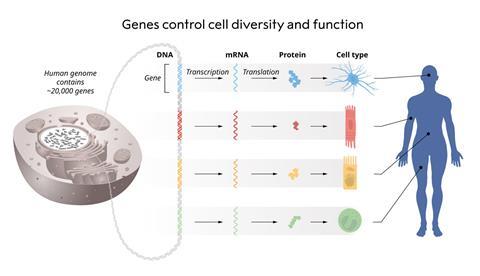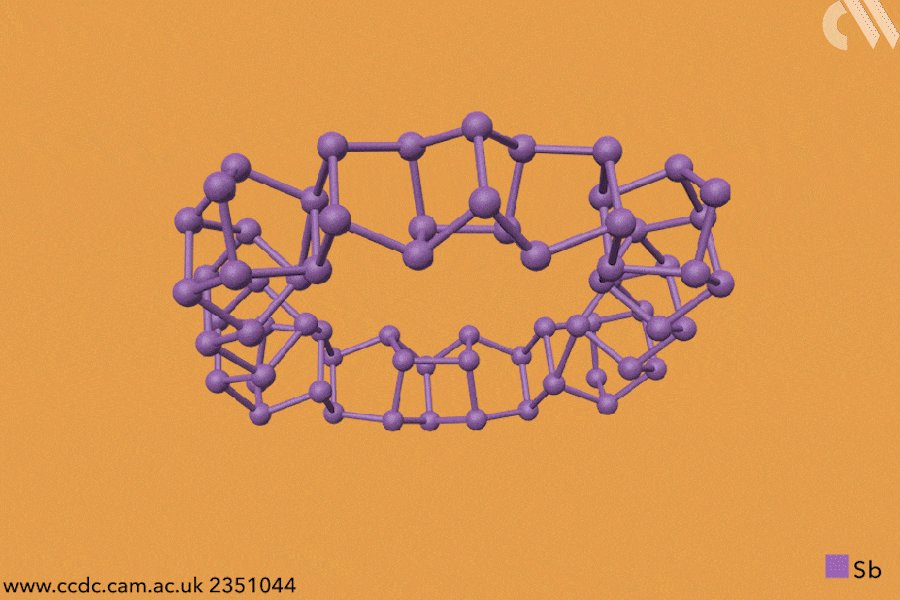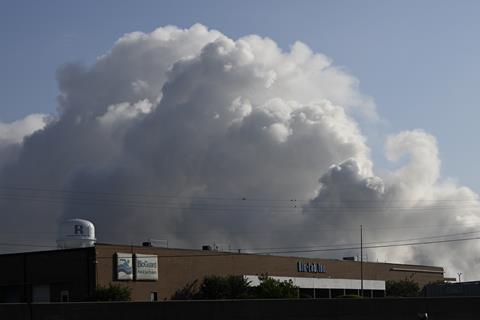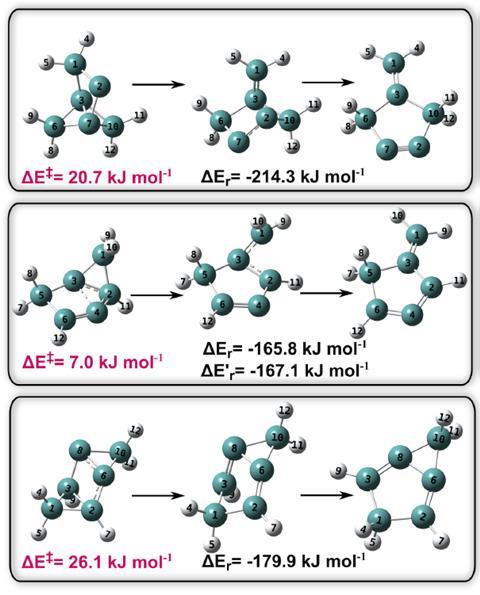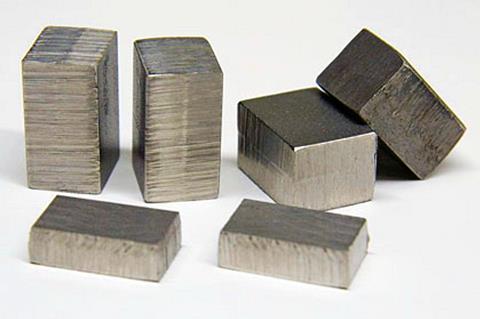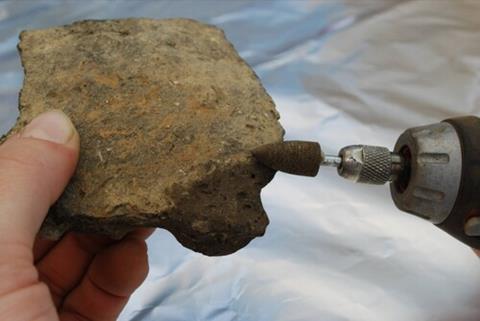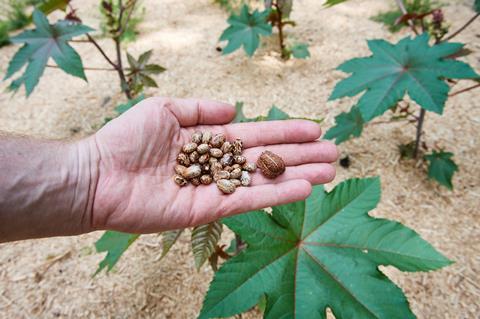A gold cluster catalyst developed by researchers in China can selectively hydrogenate nitrobenzene to make p-aminophenol. The reaction proceeds through a previously unidentified mechanism that is completely distinct from typical industrial routes. p-Aminophenol is an important intermediate for preparing paracetamol – the most prescribed drug globally – and other drugs. Current methods for producing p-aminophenol […]
Read More
